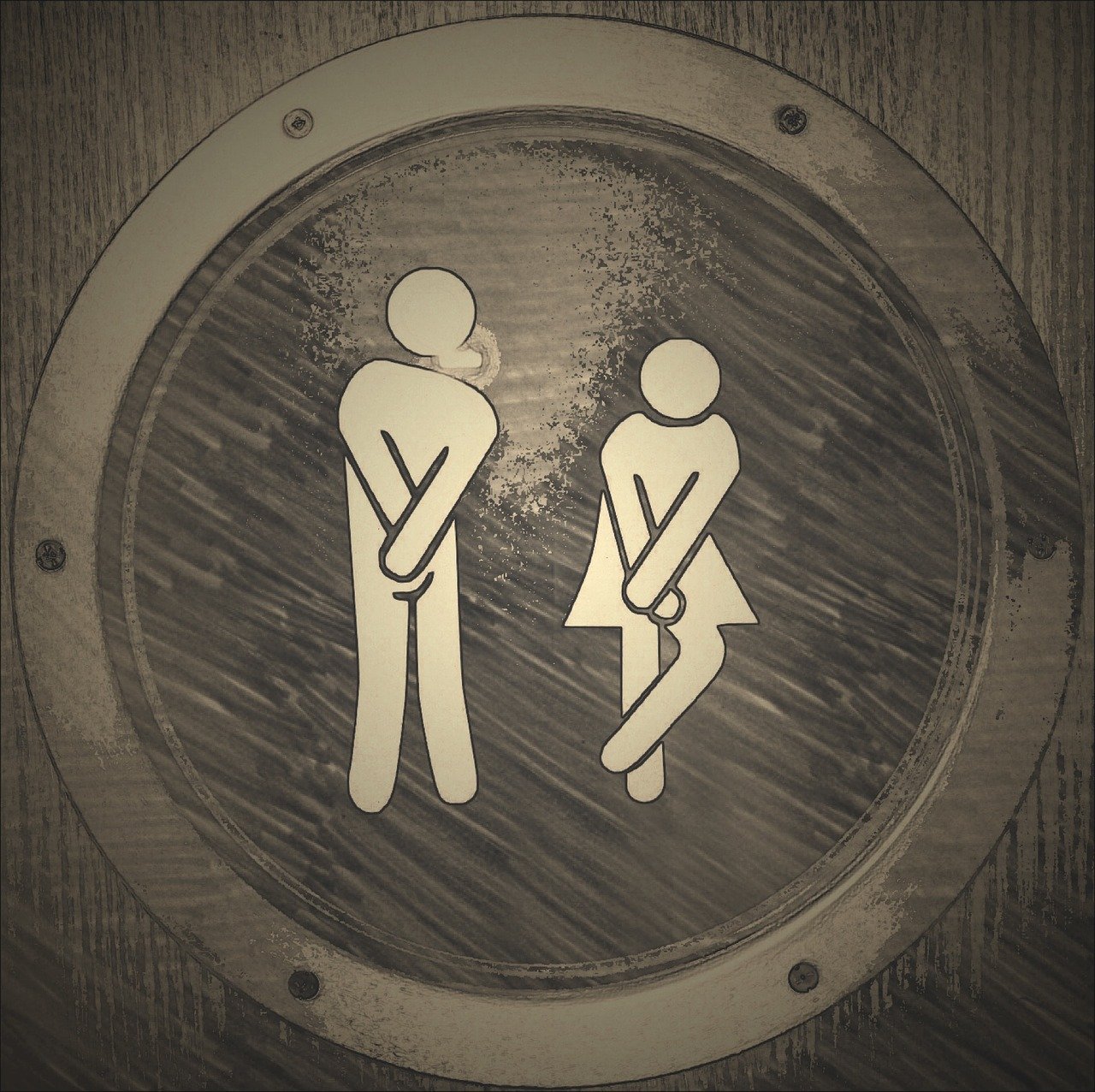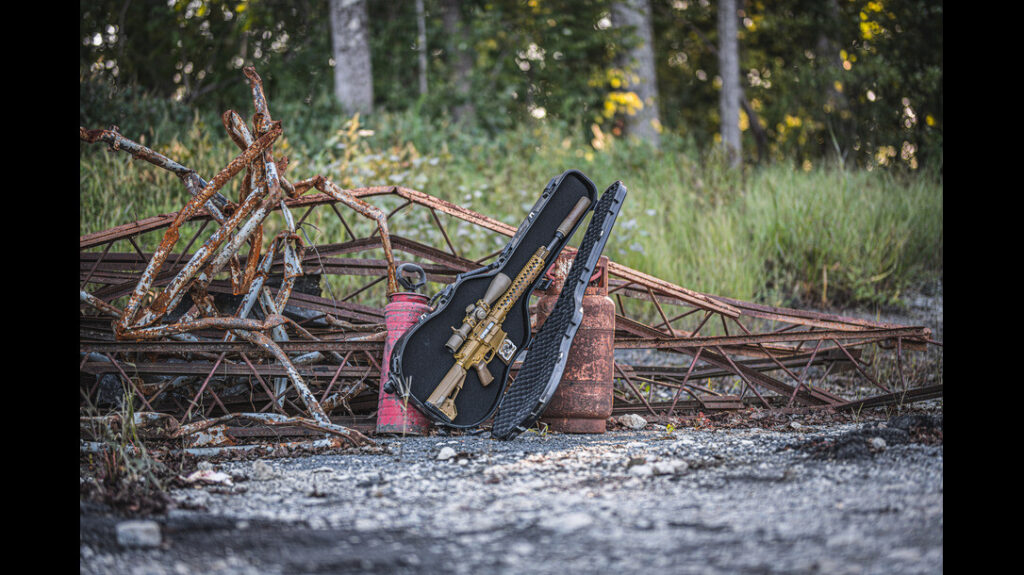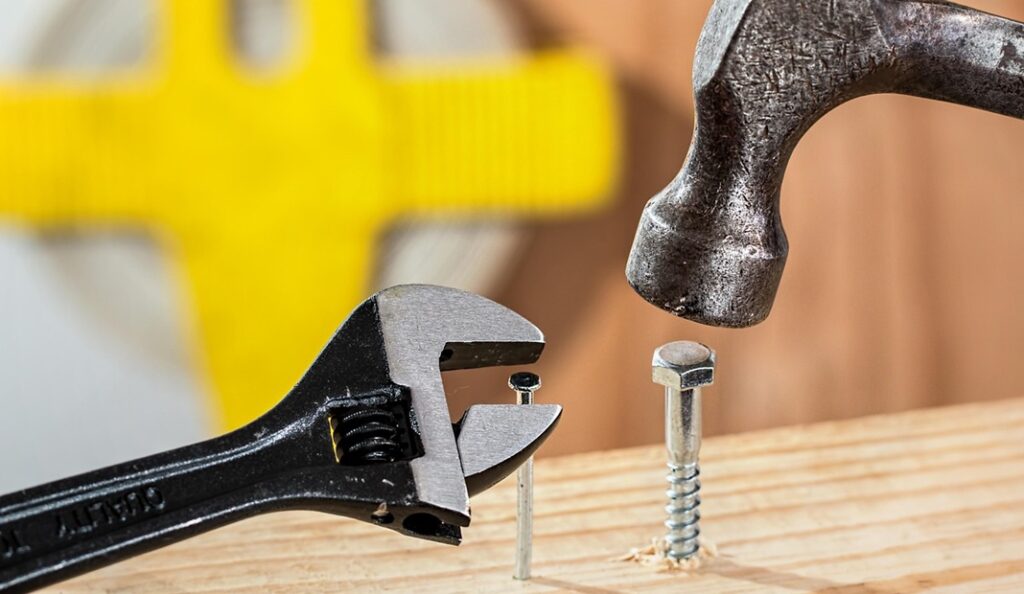This isn’t a fun topic like firearms, knives, or campfire cooking. But you know what else isn’t fun? Sitting in a home that smells like an outhouse during an August heat wave. Sanitation is one of those things we tend to take for granted.
When our usual method of waste disposal isn’t an option, then we’d better have alternate plans ready to go. As the classic children’s book says, everybody poops.
Grid-Down Sanitation
Toilets May Still Flush
Even if the water isn’t running in your home, toilets may still flush. You just need to fill the tank manually. If you have a pool or a rainwater catchment system, this is a great use for that water. Just grab a bucket, fill it with water, then use it to fill the toilet tank. Those who are on septic systems shouldn’t have any problems.
Advertisement — Continue Reading Below
However, if you’re on a municipal water and sewage system, there might be problems down the line that can cause backups. If that’s the case, hopefully the sanitation department will communicate that to the community members.
Bag It
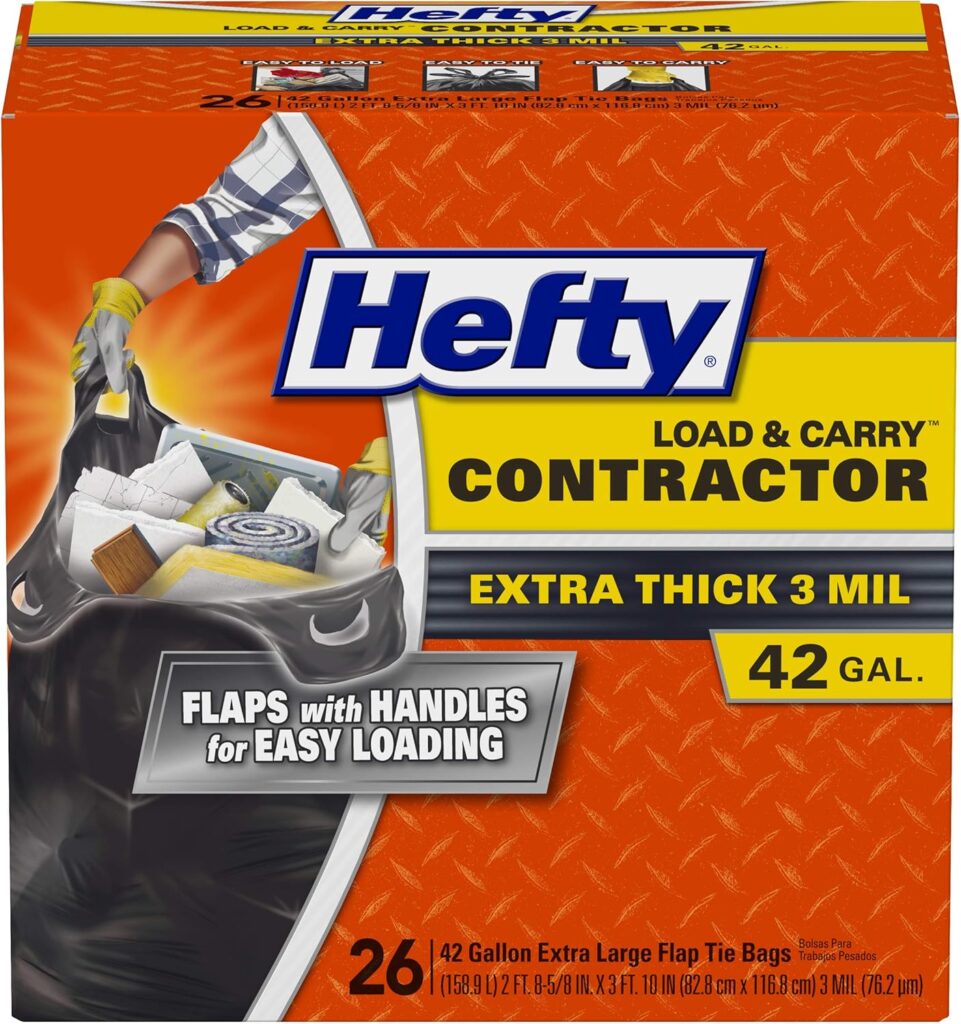
Buy a box or two of contractor-grade trash bags. Don’t cheap out on this; get the good ones. Empty the toilet bowl of water, then line the bowl with a double layer of trash bags, one inside the other, so they’re open and ready for filling. Use cat litter, powdered laundry detergent, baking soda, or something similar to sprinkle after each deposit to help reduce odors.
Advertisement — Continue Reading Below
Change the bag before it gets too heavy. It would be quite a calamity if the bag were to break halfway through the house as you’re carrying it out to the trash, especially if you don’t have running water to clean up the mess.
Bucket Potties
If you have a five-gallon bucket available, you can use it as an improvised toilet. Line it with one of those contractor-grade trash bags and you’re ready to rock and roll. If you want to get really fancy, you can take a pool noodle and slit it along the side to fit over the rim of the bucket. That will give you a somewhat comfortable seat.
In a pinch, you could remove the seat from your toilet and just rest it over the top of the bucket. But if you’re going to do that, you might as well head to your local camping outfitter and pick up a toilet seat that’s tailor-made for five-gallon buckets. Keep it on hand, just in case.
Advertisement — Continue Reading Below
Camp Toilets
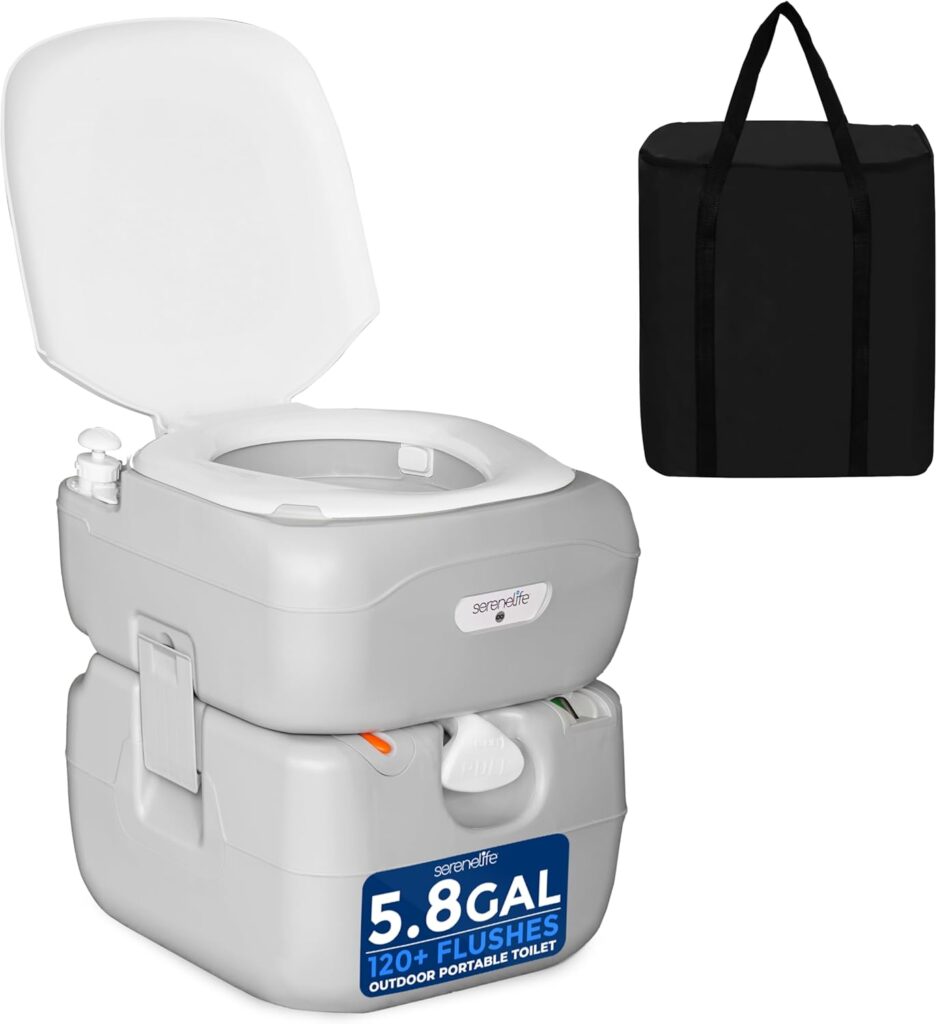
If you swing into your nearest camping store, you’ll probably find a few different models of toilets made for camping. These consist of a seat, naturally, and a holding tank. In between is a trap door of sorts. Once you’ve done your business, you pull a lever. That opens the trap door, and your waste falls into the holding tank.
Some models will even have a small bellows that releases water to keep things cleaner in the bowl as well as reduce odors. The holding tank will need to be emptied on a regular basis, which isn’t a chore anyone will be lining up to do.
Advertisement — Continue Reading Below
Paperwork
They say no job is complete without the paperwork being done. If there’s one thing most families learned during the COVID pandemic, it was the value of having a good supply of toilet paper. If you’re caught without, there are a few options.
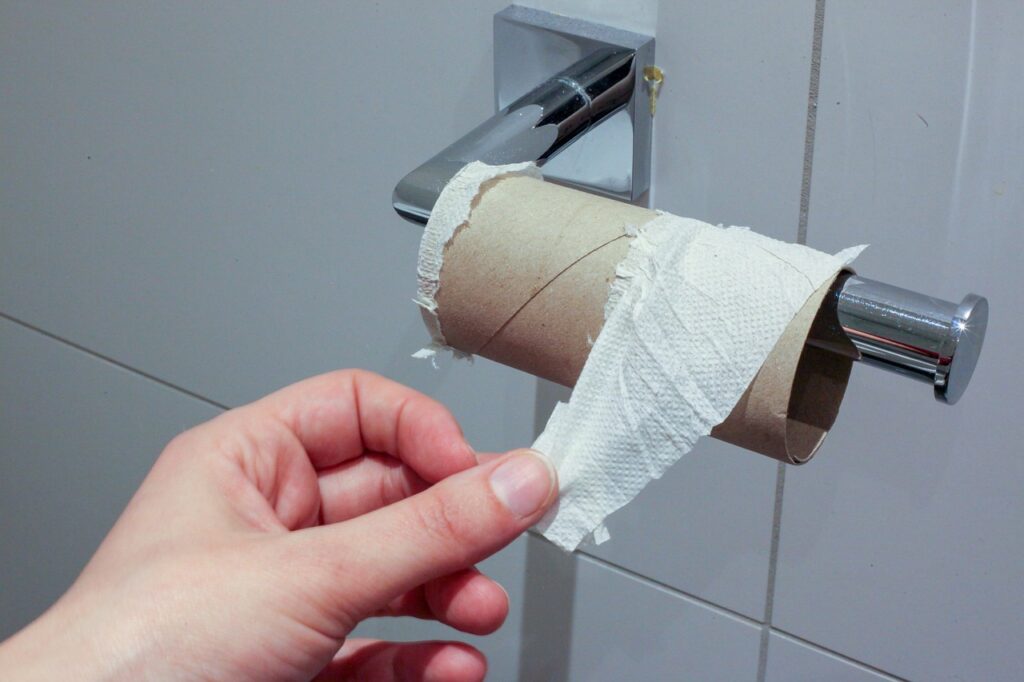
Wet wipes are probably the first thing to come to mind. They’ll do the job well, as that’s what they’re designed for. But the supply could go quickly if everyone in the home is using them. Remember, don’t flush them! Even if the package says that they’re flushable, they’re not. Toss them into the garbage.
Advertisement — Continue Reading Below
If you have a soft-sided plastic bottle, meaning one that you can easily squeeze, you can make an irrigation bottle from it. Just punch a couple of small holes in the cap. Purpose-made irrigation bottles aren’t expensive, though, if you want to pick one up for emergency use. Even today, some homes still have newspapers delivered. If you go that route, use newsprint, not the glossy ads, for cleaning. It’ll do the job well enough.
